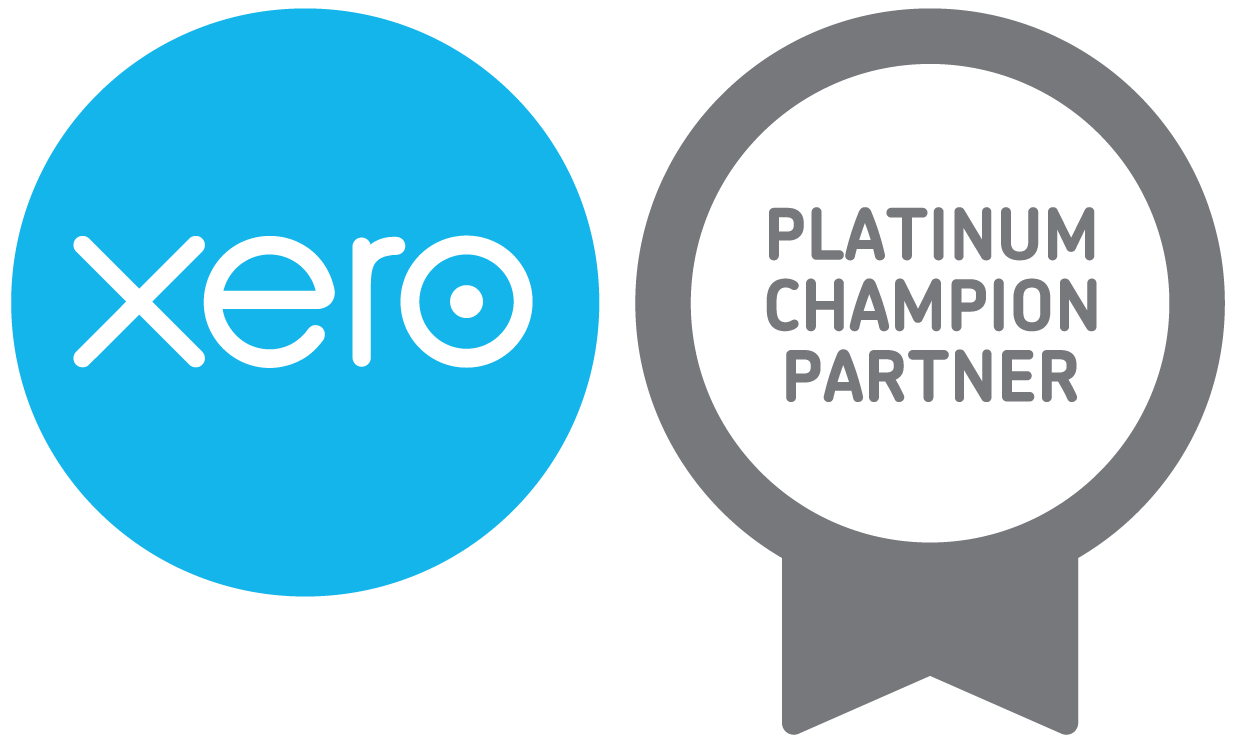Cash to Career - Practical Support for UK Side Hustlers

Cash to Career - Practical support for Side Hustlers A guide to everything you need to know if you are earning money on the side.
Cash to Career
Whether you’re selling handmade candles at weekend craft fairs, running a popular Etsy store, selling vintage finds on Vinted, or styling hair for special events, side hustles are on the rise - and for good reason.
They’re flexible, creative, and often born from passion. But they’re also businesses in the eyes of HMRC, and knowing when (and how) to declare your earnings is key to staying on the right side of the taxman.
In this guide, we break down exactly what you need to know if you’re earning income on the side.
Who is this guide for?
This is for anyone in the UK making money independently outside of PAYE employment or limited company trading. Some examples include:
- Craft fair sellers and Etsy shop owners
- Weekend hairdressers or makeup artists
- Dog walkers, pet sitters or mobile groomers
- Online re-sellers (eBay, Vinted, Facebook Marketplace)
- Tutors, musicians, event photographers
- Car boot sale regulars and market stallholders
- Bakers and food stall vendors
- Social media creators monetising content
- Hobbyists who’ve started taking commissions or custom orders
Even if it started as a hobby or one-off sale, if you're earning consistently, you may need to declare it.
The £1,000 trading allowance – What it means
You can earn up to £1,000 per tax year (6 April – 5 April) in self-employed income without having to register or pay tax. This is known as the Trading Allowance.
If your total income from side hustles is:
Under £1,000/year:
No need to register with HMRC
No tax to pay
You can’t claim expenses
Still wise to keep basic records in case you grow
Over £1,000/year:
You must register for Self Assessment and report your income
Tax and National Insurance may be due
You can choose to deduct actual expenses OR use the £1,000 allowance as a tax-free threshold
Registering with HMRC: What to do
If you earn more than £1,000/year from your side hustle (before expenses), you need to:
1. Register for Self Assessment as a sole trader via HMRC.gov.uk – Ideally within 3 months of starting
2. Keep records of your income and expenses (receipts, invoices, sales reports, etc.)
3. Submit a tax return each year by 31st January (paper returns deadline is 31st Oct)
4. Pay any tax due by 31st January following the end of the tax year
Example:
If you made £2,000 profit from Etsy sales in the 2024/25 tax year, you’ll need to register and file a tax return by 31 Jan 2026.
What counts as “income” and what can you deduct?
Income:
- Money received from product sales, services, tips or commissions
- Cash or bank transfers
- Payments via PayPal, Stripe, Etsy, etc.
Allowable expenses (if you opt to deduct actual costs):
- Materials or supplies used to make items
- Postage and packaging
- Craft fair or stall fees
- Website hosting, domain or platform fees
- Business-use portion of phone, fuel, tools or equipment
- Advertising or social media promotion
If you're only using the £1,000 allowance and not claiming expenses, you don’t need to break these down.
What Happens If I Don't Declare It?
HMRC uses advanced data matching, and platforms like Etsy, eBay, Airbnb, and Vinted are increasingly required to share data with tax authorities. That means if your income is undeclared, you could face:
- Penalties and interest on unpaid tax
- Backdated tax bills going back several years
- Investigations or audits
It's far better (and usually cheaper) to register and declare income early than to deal with fines later.
What if it’s just selling old stuff?
There’s a difference between clearing out your wardrobe and trading for profit.
Selling personal items at a loss (e.g. £60 coat you wore and now sell for £20 on Vinted)? - Not taxable, it's not a business.
Buying clothes in bulk to resell for profit (even part-time)? - Taxable, it’s a business activity and must be declared.
Golden rule: If you're intentionally making money from an activity, it's likely taxable.
Final thoughts
Side hustles are empowering - they give you financial flexibility, a creative outlet, and the chance to grow something meaningful. But the tax side is often overlooked. Whether you're just starting out or your part-time hustle is turning into a proper business, don’t get caught out. Staying informed, registering early, and keeping clean records can make all the difference.
At Bernard Rogers & Co, we work with freelancers, creatives, makers, and microbusiness owners every day. We can help you understand where you stand - and what to do next.
Thinking of taking your side hustle seriously? Let’s have a chat. Visit our website at www.bernard-rogers.co.uk, call us on 01926 851516 or email davidrogers@bernardrogers.co.uk
Discover more tax guidance articles.
We hope you find these summaries useful and do let us know if there is a topic you would like further information on – suggestions are always welcome!
David's Christmas Reflection 2025
As we reach the end of another year, I’ve been looking back at everything that has happened across Bernard Rogers & Co and the wider business world. It has been a year with no shortage of change, challenges and the occasional surprise, but also one filled with progress, good conversations and a few proud moments along the way.
5 Things Every Business Owner Should Do Before Breaking Up for Christmas
As the year draws to a close, many business owners find themselves trying to wrap up client work, manage staff leave, and plan for the new year - all while attempting to enjoy the festive season. December always feels short, and once schools break up, productivity often drops whether we intend it to or not.
Digital ID for Workers: What Small Businesses &Contractors Need to Know
When the Prime Minister announced plans to make digital identity cards mandatory for working adults, it captured headlines...
Contact us for a free, informal chat.
Message us today to explore tailored solutions that meet your unique business needs.




